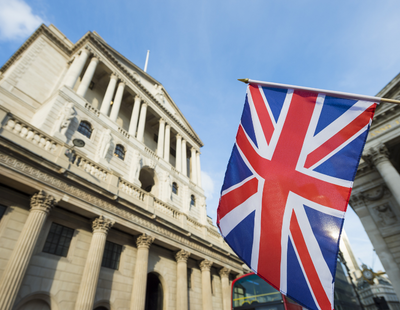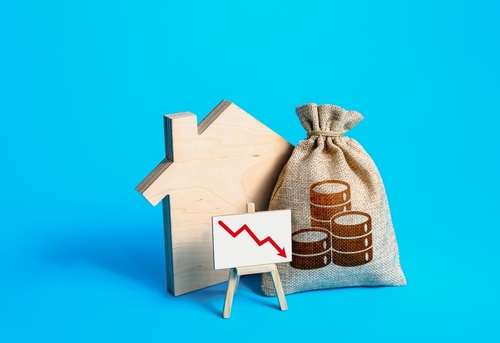There is a sense among agents and other property professionals that this could hit demand in some parts of the market but also provide some added urgency to get deals through at the current mortgage rates.
Adrian Anderson, director of property finance specialists Anderson Harris, said the rate increase would provide a reality check for borrowers and property buyers.
He said: “Experts are anticipating more large rate hikes later in the year and into 2023 which is going to heap misery on mortgage payers and have a severe impact on households' disposable income.
“The message to mortgage borrowers is very simple - don't wait, take action now as its likely the situation will get worse in the short term. Borrowers are actively shopping around and seeking to fix their mortgage payments now before the monthly mortgage pain gets even worse.
“This is a huge reality check. The landscape has changed quickly, we are no longer living in a period of ultra-low interest rates with plenty of disposable income; our outgoings are increasing faster than our income and we are going to have to adjust quickly and get used to the new norm.”
Lucian Cook, head of residential research at Savills, said that while the increase is lower than some had speculated, nobody is ruling out further hikes.
He added: “While this will bring an added sense of caution to the market and reduce mortgage affordability, the relaxation of mortgage regulations we saw in August means fewer limits in terms of what buyers can borrow.
“We’d expect that to lead to a softening of demand after two bumper years, and a reduction in budgets, leading to lower levels of transactions and a softening of prices, particularly in the heavily mortgage-dependent parts of the market.
“However, there will be a distinction between those more or less dependent on borrowing, with greater segmentation between different price bands.
“The most recent survey of over 1,000 people registered with Savills, suggested that the majority of prime market buyers had not adjusted their budgets. Almost a third (29%) of buyers said they had reduced what they planned to spend.”
Nick Leeming, chairman of Jackson-Stops, suggested there may be a re-evaluation of budgets among borrowers.
He said: “Inevitably, those who aren’t yet on the ladder and who don’t have a capital asset to benefit from are always hardest hit by such announcements, and it may cause those at the lower end of the market to revaluate their budgets.
“This shift in monetary policy is also adding a sense of urgency to current transactions, as mortgage providers cope with a backlog of applications, but its effect on property values won't be fully reflected in the price indices for several months to come.”
Commentators are still confident that demand will remain high though and the rise may even help with new listings.
Rightmove’s property expert, Tim Bannister said that despite interest rates rising, demand in both the first-time buyer sector and overall market is still up on the longer-term pre-pandemic average, signalling that many are already adapting to changing rates in their plans and getting on with moves.
He added: “Even with a seventh consecutive rise this takes average lender rates back towards where they were as recently as 2012-2014.
“The indication is that rates are set to rise even further into 2023. This sense that it’s going to become more expensive to borrow means that those thinking of buying for the first time may rush to fix now before rates rise further.”
Jeremy leaf, north London estate agent and a former RICS residential chairman, added: “From our experience on the ground, the impact of the interest rate rise will be felt most with regard to confidence to move and take on debt.
“The increase will impact first-time buyers and new borrowers particularly, bearing in mind approximately 80% of borrowers are on fixed rates.
“However, with UK Finance forecasting that 1.8m deals are due to end at some point next year, there will be plenty of borrowers looking for new mortgage deals at a time when rates are likely to be considerably higher.
‘Although rates are still low compared with their historical average, the impact is exacerbated by continuing worries about inflation and the economy generally.
“The longer the climate of higher interest rates persists, the more likely it is that people will consider selling, leading to a softening in prices. However, it is worth remembering that around 50% of homeowners are not dependent on mortgage finance at all so will be unaffected.”
















.png)


.png)




Join the conversation
Be the first to comment (please use the comment box below)
Please login to comment